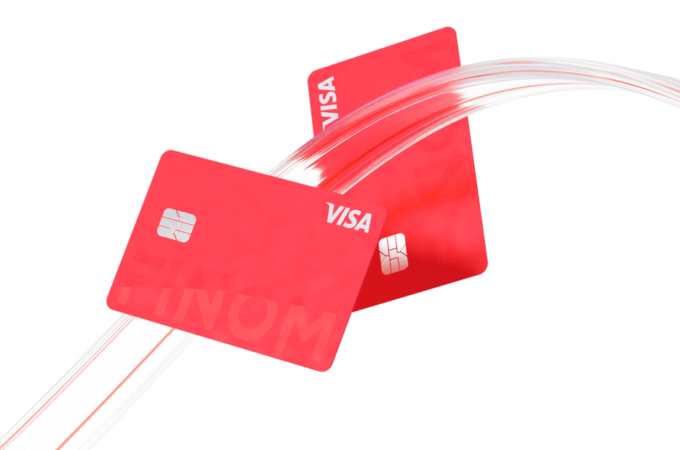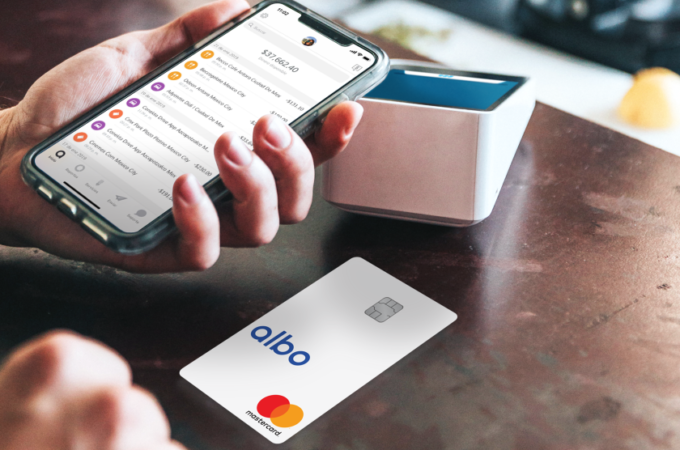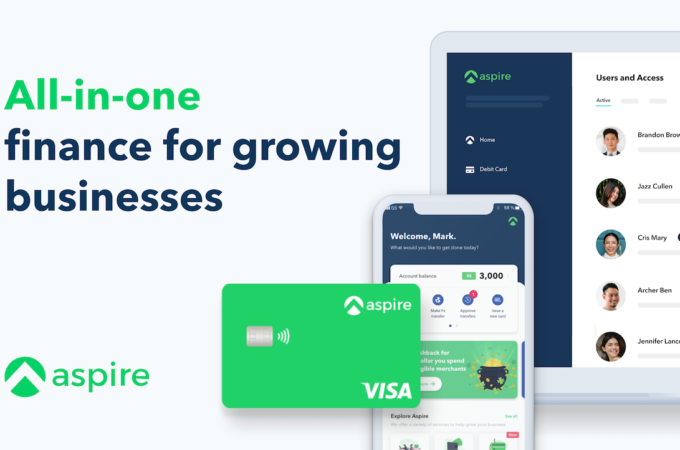
SBA loans: A comprehensive guide for small business owners
SBA loans are an excellent option for small business owners needing capital access. The Small Business Administration (SBA) offers a variety of loan programs, ranging from short-term working capital loans to long-term real estate purchases. Each program has its eligibility requirements and repayment terms, so it is essential to research the available options before applying.
The 7(a) Loan Program
The 7(a) Loan Program is among the most popular SBA loan programs. This program funds businesses looking to start or expand operations, purchase equipment or real estate, or refinance existing debt. It also includes special-purpose loans that can be used for specific activities such as international trade financing or rural development projects. The maximum loan amount under this program is $5 million, and the repayment terms vary depending on the purpose of the loan.
The 504 Loan Program
The 504 Loan Program is for businesses wanting to purchase significant fixed assets like real estate or long-term machinery and equipment. This loan program can fund up to $5.5 million in eligible costs, including improvements and renovations. The repayment term for this loan is generally ten years but can be extended up to 20 years if needed.
SBA Microloans
SBA Microloans provide small amounts of capital, up to $50,000, as short-term working capital loans or start-up funding. This type of loan must be repaid within six years and is designed to help newer businesses launch operations or existing businesses expand services and products. The interest rate varies according to the lender’s discretion but can range from 8% to 13%.
SBA Express Loans
SBA Express Loans aims to quickly provide businesses up to $350,000 in funds. This loan must be repaid within seven years and has a fixed interest rate. The repayment terms depend on the size of the loan and the lender’s discretion, but repayment may require weekly or monthly installments.
SBA Disaster Loans
The SBA Disaster Loan Program provides funding for businesses dealing with disaster-related losses. These loans are typically used for repairing or replacing damaged real estate or equipment and may also help cover lost revenues due to business interruptions caused by disasters. The maximum amount available under this program is $2 million, with up to 30 years of repayment terms.
Understanding the different SBA loan types is essential for small business owners to choose the right loan for their needs. It is important to note that most SBA loans require collateral and personal guarantees from the borrower. Furthermore, eligibility requirements about credit history, income, and prior business experience must be met before a loan can be approved.
What are the benefits of applying for an SBA loan?
The Small Business Administration (SBA) loan program offers a variety of benefits to small business owners. One of the most attractive aspects of an SBA loan is that it can provide access to capital for businesses that may not qualify for other types of financing due to their size or credit history. Additionally, SBA loans have lower interest rates and better repayment terms than traditional bank loans, making them more affordable in the long run.
Another significant advantage of an SBA loan is its flexibility; several programs are available depending on the business owner’s needs. Whether they need funding for start-up costs, equipment purchases, real estate investments, or disaster relief efforts, an appropriate loan option likely exists within the SBA portfolio. Furthermore, special-purpose loans, such as those used for international trade activities, are only available through this program.
Finally, applying for an SBA loan can be less daunting than applying for a traditional bank loan since lenders must follow specific guidelines set by the government when evaluating applications and approving funds, reducing uncertainty about whether or not a particular applicant will qualify and making it easier to understand what documents are required to apply successfully.
How title loans can also help you pay off your debt
Title loans are short-term, secured loans typically used to pay off debt or cover emergency expenses. Since they are secured by an asset (usually a vehicle), they offer lower interest rates than other types of personal loans. They can quickly help borrowers with bad or no credit history get the necessary funds.
When applying for online title loans florida, lenders will evaluate the borrower’s ability to repay the loan based on their income and employment status rather than their credit score. If approved, borrowers can access funds immediately while they work to repay the loan over time as agreed upon in their repayment agreement with the lender.
Conclusion
Taking advantage of an SBA loan can provide access to capital that may not otherwise be available through traditional financing options. With so many different types of loans available, small business owners have various options for obtaining the necessary funds for their businesses. Researching each type of loan will help ensure that they make the best decision for their business.





